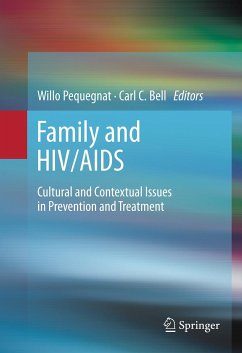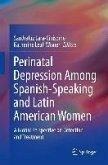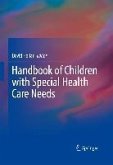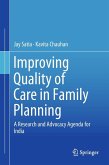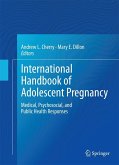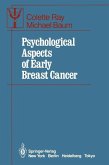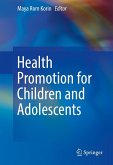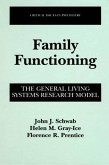Three decades into the HIV pandemic, the goals remain clear: reduce the number of infections,improve the health outcomes of those who are infected, and eliminate disparities in care. And one observation continues to gain credence: families are a powerful resource in preventing, adapting to, and coping with HIV.
Recognizing their complex role as educators, mentors, and caregivers, Family and HIV/AIDS assembles a wealth of findings from successful prevention and intervention strategies and provides models for translating evidence into effective real-world practice.
Chapters spotlight the differing roles of mothers and fathers in prevention efforts, clarify the need for family/community collaborations, and examine core issues of culture,ethnicity, gender, and diagnosis (e.g., minority families, adolescents with psychological disorders). Throughout, risk reduction and health promotion are shown as a viable public health strategy.
Among the topics covered:
A reference with considerable utility across the health, mental health, and related disciplines,Family and HIV/AIDS will be a go-to resource for practitioners working with families, researchers studying at-risk populations, administrators seeking to create new (or evaluate existing)prevention and care programs, and policymakers involved in funding such programs.
From Jose Szapocznik, Ph.D., Executive Dean for Research and Research Training Chair,Department of Epidemiology and Public Health,Miller School of Medicine,University of Miami
The editors and authors are to be commended for bringing together an impressive amount of findings on the role of families in preventing and addressing HIV infection. The book documents the tremendous progress in this program of research since the publication of Working with Families in the Era of AIDS IN 2000. While the book is focused on ethnic minority families and HIV, the strategies have application for all families coping with a range of chronic diseases and should be tremendously useful for research, public health care providers, and policy makers.
Recognizing their complex role as educators, mentors, and caregivers, Family and HIV/AIDS assembles a wealth of findings from successful prevention and intervention strategies and provides models for translating evidence into effective real-world practice.
Chapters spotlight the differing roles of mothers and fathers in prevention efforts, clarify the need for family/community collaborations, and examine core issues of culture,ethnicity, gender, and diagnosis (e.g., minority families, adolescents with psychological disorders). Throughout, risk reduction and health promotion are shown as a viable public health strategy.
Among the topics covered:
- The family as the model for HIV prevention.
- The role of settings in family-based prevention of HIV/STDs.
- Couples-based HIV prevention and treatment.
- Parents as agents of HIV prevention for gay, lesbian, and bisexual youth.
- Promoting family-focused evidence-based practice in HIV/AIDS care.
- Families and HIV medical adherence.
A reference with considerable utility across the health, mental health, and related disciplines,Family and HIV/AIDS will be a go-to resource for practitioners working with families, researchers studying at-risk populations, administrators seeking to create new (or evaluate existing)prevention and care programs, and policymakers involved in funding such programs.
From Jose Szapocznik, Ph.D., Executive Dean for Research and Research Training Chair,Department of Epidemiology and Public Health,Miller School of Medicine,University of Miami
The editors and authors are to be commended for bringing together an impressive amount of findings on the role of families in preventing and addressing HIV infection. The book documents the tremendous progress in this program of research since the publication of Working with Families in the Era of AIDS IN 2000. While the book is focused on ethnic minority families and HIV, the strategies have application for all families coping with a range of chronic diseases and should be tremendously useful for research, public health care providers, and policy makers.
Dieser Download kann aus rechtlichen Gründen nur mit Rechnungsadresse in A, B, BG, CY, CZ, D, DK, EW, E, FIN, F, GR, HR, H, IRL, I, LT, L, LR, M, NL, PL, P, R, S, SLO, SK ausgeliefert werden.
From the reviews: "The ultimate purpose is to encourage researchers and providers to understand the utility of applying family-oriented approaches to prevent the spread of HIV/AIDS. ... A wide variety of professionals engaged in HIV/AIDS care, medical doctors, social workers, researchers, and outreach workers among others, would find this book helpful in planning effective interventions and further promoting relevant research agendas with family systems in mind. ... For interdisciplinary teams involved with families and HIV/AIDS care, this book serves as a valuable addition to culturally informed discourse." (Lisa D. Zerden, Doody's Review Service, April, 2012)

